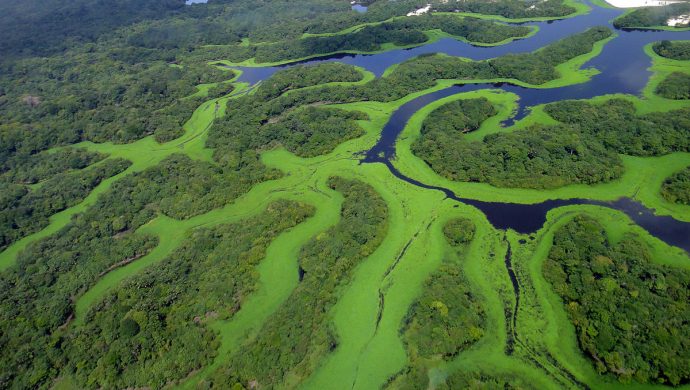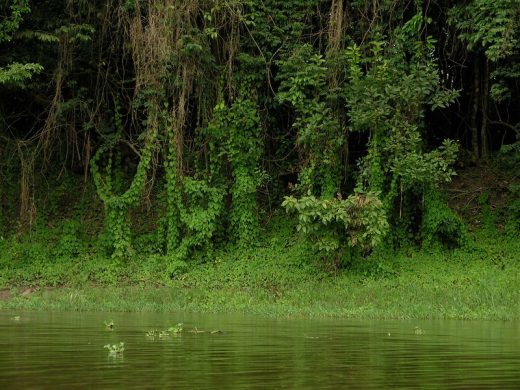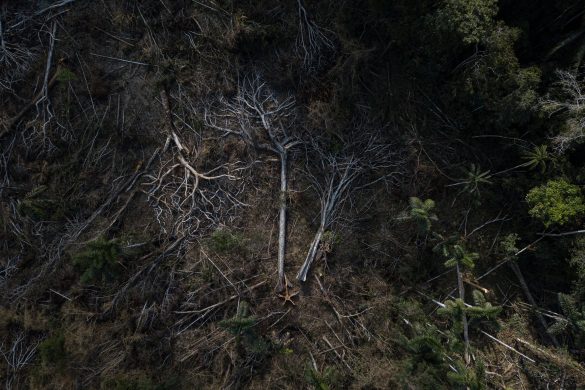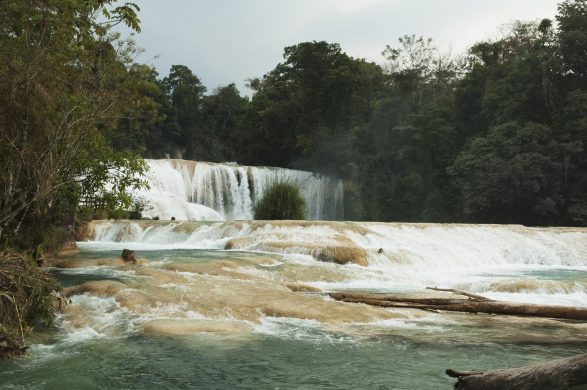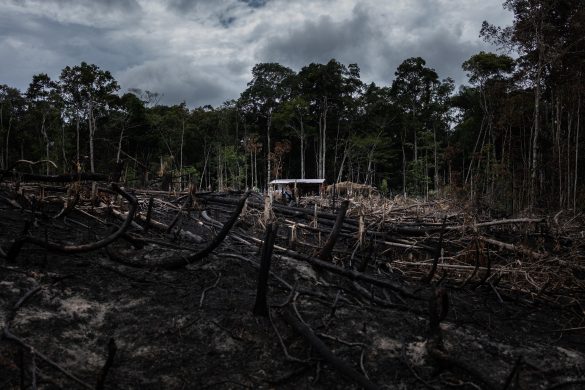Det oplyser NGOén International Rivers i en pressemeddelslse torsdag:
Brasilia, August 4, 2016 (INternational Rivers): Brazil’s Federal Environmental Agency (IBAMA) announced the cancellation of licensing for the polemic São Luiz do Tapajós mega-dam, the largest hydroelectric project planned for the Amazon.
Following recommendations by Federal Public Prosecutors (MPF), the Brazilian agency for indigenous affairs (FUNAI) and IBAMA’s own staff, the decision reflects an official recognition that the São Luiz do Tapajós project is plagued by insurmountable legal obstacles:
the flooding of indigenous lands that would cause the forced removal of indigenous Munduruku people from the traditional Sawre Muybu territory – prohibited under Brazil’s Constitution – and a series of other adverse social and environmental consequences of immense proportions that made it impossible to confirm the project’s viability.
Continue fight against other dams
The Munduruku people, along with International Rivers, Amazon Watch and other partners, welcomed today’s decision as a great success and an important precedent case.
“We, Munduruku people, are very happy with the news. This is very important for us. Now, we will continue to fight against other dams in our river,” said Arnaldo Kabá Munduruku, Munduruku General Chief.
“Today’s decision is a major victory for the Munduruku, their allies and the rule of law in Brazil, sending a shot across the bow of the dam industry juggernaut in the Amazon,” noted Brent Millikan Amazon Program Director at International Rivers.
“A next step will be to open public debate on the underlying causes of systematic violations of human rights and environmental law, in order to avoid similar disasters with other planned dams in the Tapajos and elsewhere in the Amazon.”
Major social and envirnmental risks
According to a statement issued today by IBAMA’s President, an Environmental Impact Study (EIA) contracted by project proponents failed to present minimal content necessary for an analysis of its socio-environmental viability.
In a preliminary analysis of the EIA, IBAMA staff identified a series of major social and environmental risks that were grossly neglected, including impacts on biodiversity, aquatic ecosystems, migratory fish and fisheries, greenhouse gas emissions, and implications for downstream communities and local urban populations.
Cumulative impacts, related to cascades of other planned dams in the Tapajós basin, in conjunction with industrial ports and waterways serving agribusiness and mining interests, were similarly neglected.
Such critiques have been further substantiated in recent studies, including publications coordinated by Greenpeace and International Rivers.
Man kan læse videre på Internatioal Rivers hjemmeside i nedenstående link.

